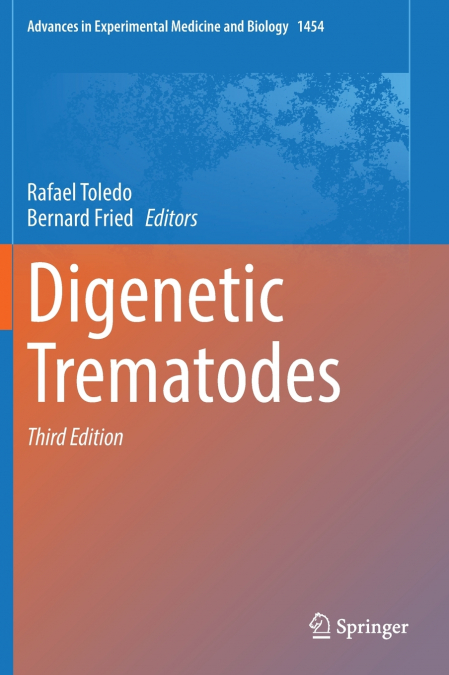
Although digenetic trematodes have been largely neglected, they constitute a major group of helminths that parasitize human and animals causing significant morbidity and mortality. This is of special importance today, since the geographical limits and the populations at risk, traditionally limited to developing or low-income countries, are currently expanding and changing in relation to factors such as growing international markets, improved transportation systems, and demographic changes. This has led to a growing international interest in trematode infections, although factors such as the difficulties entailed in the diagnosis, the complexity of human and agricultural practices, the lack of assessments of economic costs, or the limited number of effective drugs are preventing the development of control measures of these diseases in humans and livestock. In-depth studies are needed to clarify the current epidemiology of these helminth infections and to identify new and specific targets for both effective diagnosis and treatments. The main goal of the third edition of this book is to present the major trematodes and their corresponding diseases in the framework of modern parasitology, considering matters such as the application of novel techniques and analysis of data in the context of host-parasite interactions and also with the resident microbiota, showing the application of modern techniques and concepts to the studies on digenetic trematodes. This is an ideal book for parasitologists, microbiologists, zoologists, immunologists, public health professionals, clinicians and graduate and post-graduate students.